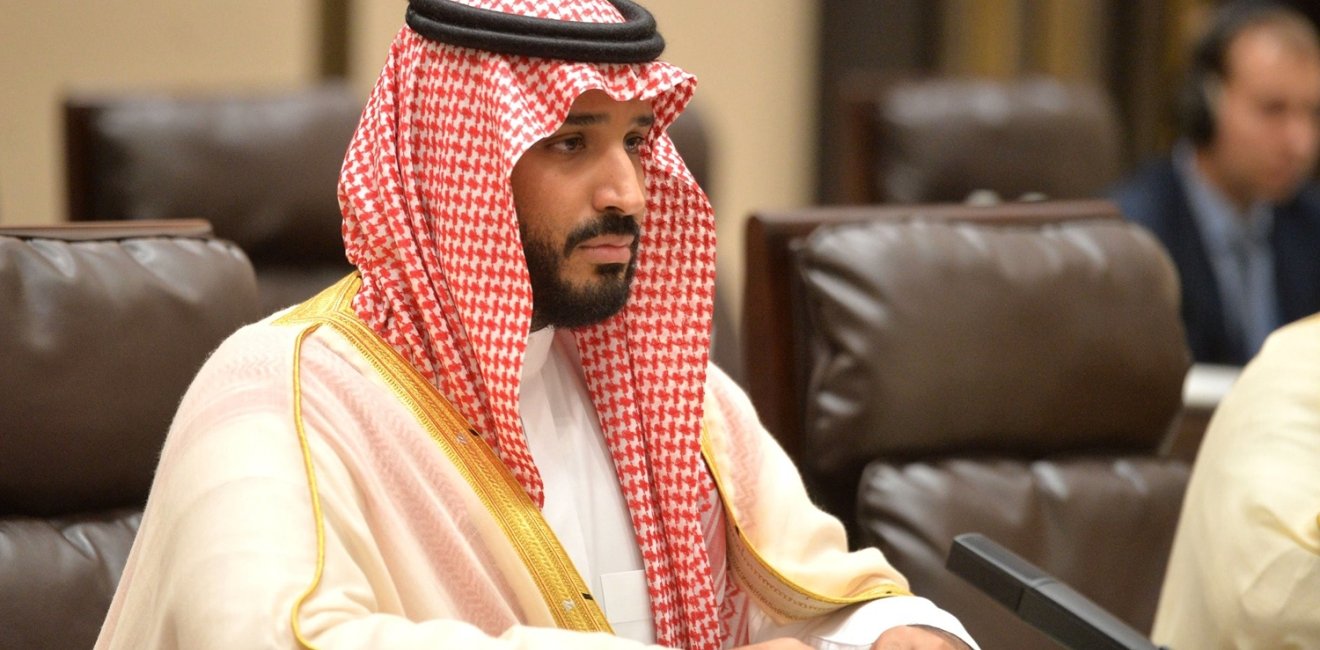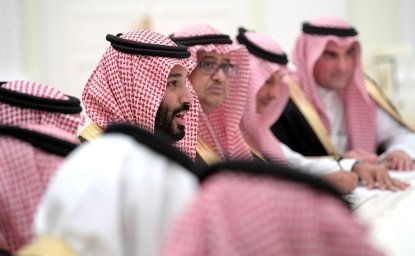According to news reports, Saudi Arabia’s leaders might be preparing to announce that journalist Jamal Khashoggi was indeed killed inside the country’s consulate in Istanbul on Oct. 2. Apparently they plan to explain away his death as a botched abduction attempt carried out by “rogue” killers — an extremely unlikely scenario, given the ruthlessly centralized structure of the Saudi regime.
Whatever happens next, it is already clear that Saudi Arabia’s crown prince and de facto ruler, Mohammed bin Salman, has gone a ghastly step too far in his ruthless pursuit of absolute power.
Khashoggi, 59 at the time of his reported death, was far more than an excellent reporter and analyst of his beloved kingdom. As one of its leading critics (a role that included his stint as a Post columnist), he became a high-profile symbol of the daunting struggle for media freedom throughout the Arab world today. Most ironically, he had respect for the reforms being undertaken by the very Saudi prince who probably gave the orders for his suspected extrajudicial murder.
Khashoggi’s unpardonable sin was to call for debate not about the crown prince’s social reforms, which he wholeheartedly supported, but about the crown prince’s stifling intolerance for anyone who cast even a speck of dirt on his highly polished image as the kingdom’s long-awaited savior.
I have known Khashoggi for at least two decades, and we were scheduled to have lunch together as soon as he returned from Istanbul to discuss the status of his efforts to obtain a green card allowing him to become a permanent resident in the United States. He had a book project in mind to write at the Wilson Center in Washington, where I am a Middle East fellow after working for 35 years for The Post, including four years as its Middle East correspondent. The Wilson Center had offered him a fellowship, but he needed his green card first.
Surprisingly, the book’s focus was not to be on the increasingly controversial crown prince at all. Rather, he wanted to write a primer for the tens of thousands of Saudi students coming to America, explaining what to expect and how to navigate a society so totally different from their own. Khashoggi was a graduate of Indiana State University and a great admirer of U.S. democracy even while well aware of its flaws.
I have been racking my mind as to why Mohammed might have become so desperate as to silence Khashoggi, whether by forcible rendition or assassination. Khashoggi was not an enemy of monarchical rule and had cheered Mohammed’s reforms. But the crown prince was determined to snuff out even the slightest criticism of himself or his policies.
Though I have no proof, I do have a theory. I believe the main reason the crown prince feared Khashoggi so much was that he was launching a project to establish a foundation dedicated to promoting democracy in the Arab world, particularly in Saudi Arabia. He told me about the project during one of our lunches here in Washington last spring. He said he already had the money for it. He did not disclose his financial backer(s) for the project but hinted its headquarters would be located here.
Just imagine the resulting face-off between the kingdom’s leading critic and its embassy in the U.S. capital. The crown prince had already had a taste of the power of Jamal’s pen in the articles he wrote for The Post’s Global Opinions section, questioning some of his priorities, foreign policy initiatives and motives.
But I trace Khashoggi’s fall from royal grace back to a moment before he even started writing for The Post. Shortly after Trump’s 2016 election victory, Khashoggi had warned Mohammed not to get too close to the new president because he was so unpredictable. That was enough for the government to ban him from speaking or publishing inside the kingdom.
Whether we will ever get to the bottom of what happened to Khashoggi remains to be seen. What we do know is that U.S. intelligence picked up conversations indicating that the crown prince had ordered an operation to entrap Khashoggi into returning to the kingdom. They indeed tried to lure him back, but Khashoggi did not take the bait, all too aware of other recent renditions of Saudi critics living abroad, including three dissident princes and Loujain al-Hathloul, a female campaigner for the right of Saudi women to drive.
What we also know is that Khashoggi was determined to maintain his independence to speak out and defend the value of freedom of thought and speech over sycophancy to the crown prince. We can only hope that his reported death will put the brakes on Mohammed’s reckless pursuit of absolute power at any cost.
This article was originally published in the Washington Post.






